
A story is told that a wealthy English nobleman and his daughter were walking one day down the sordid streets of Calcutta. All around them were filth and unspeakable poverty. The young girl was unable to take her eyes off the panorama of suffering. Her father, however, focused straight ahead as if oblivious of his surroundings. At last the daughter tugged her father’s sleeves and pleaded, “Daddy, do something for these people. They are so poor.” Without hesitation the nobleman snapped at his child, “There is nothing I can do. Besides, I did not make them poor.”
A sense of helplessness
Upon hearing such a story, we may feel indignant toward the insensitive nobleman. Or we may empathise with his sense of helplessness at facing such an awesome problem. We may even want to join him in his denial of responsibility, to say with him, “I did not make them poor.”
Every day we are exposed to such an array of human suffering that can bewilder and dismay us. What is a body to do? How can one person make a difference? Faced with this dilemma, we seem to have only a few choices. We can allow ourselves to become overwhelmed with guilt and despair, or we can declare our noninvolvement, saying in effect, “It is not my responsibility.”
Yet Edgar Cayce indicates that there is another option, one that calls us to action and involvement as it delivers us from a sense of powerlessness to act against overwhelming odds. This option invites us to do what we can to fulfill a need and then leave the results to the Creator. Even when our best attempt seems ineffective, we can trust that our effort makes a difference – that it counts in many ways we may not see.
What is our thought when we hear that two of our friends are having a quarrel? Do we immediately look for a way to avoid getting involved? What do we think when we a see a news story about a major natural disaster? It is normal to be relieved that we do not live there. When we learn about a crime victim, do we wonder, “How can I protect myself from such a fate?” These reactions are typical; they express the fundamental desire for self-preservation. Yet, Mark Thurston believes, from a spiritual perspective they suggest that we are running away from our special opportunities.
“Life engages us every day with opportunities to express the love of the Creator. Most situations involve other people. We neither live nor die unto ourselves. Rather, we live in constant association with the rest of life. Our actions and even our thoughts have a constant impact on all of creation.”
In every situation we encounter, we have a choice of options. We can try to make things better, or we can let things worsen. But each choice makes an impact on the course on the course of human events. “If you are not part of the solution, you are part of the problem.” In other words, there is no such thing as neutral ground.
Responsibility to One
Another
No one can stand passively on the sidelines. Each of us is responsible at every moment for making a difference one way or another. Our choices may not seem to address issues of life and death, but the spiritual law is the same no matter what the scale. We are either helping or hurting at every moment. “Our every act and thoughts either adds to the bringing about of God’s kingdom or prevents it from being manifested in the material plane, for all of us are God’s agents as we travel through life.”
From the spiritual perspective, attitudes and actions can have a tremendous influence, even when they are considered insignificant from a material angle. Our actions count, as do our attitudes and thoughts. Once we recognize this, we can no longer say, “There is nothing I can do; it is not my responsibility.” Everything that life brings to us is our responsibility. There is always something we can do, even if it is just to care. Remember there is a difference between being responsible FOR and being responsible TO. Even when we are not to blame personally for a problem or crisis, we are still capable of constructive response.
Small can be powerful
A popular adage reminds us, “It is impossible to know the power of just one kind word.” In the same spirit Schumacher coined the phrase, “Small is beautiful.”
How can we understand this principle that small is important? For centuries most evidence seemed to suggest the opposite contention – that larger is always better, whether the subject is hammers, individuals, or nations. In fact, Dr Thurston believes that is not always the case. He argues that in modern times, more and more people appreciate the value of smallness, a shift in attitude that has come about largely because of science. For example, the microchip has changed countless aspects of our lifestyle. “Using minuscule amounts of electricity to store and process information, this tiny invention has revolutionised virtually every aspect of modern life. The miniaturisation of technology is a major cultural force in our times.”
As may often be the case, natural science discovers and validates phenomena in the outer world that are equally valid in the inner world of mind and spirit. “As surely as the tiniest microelectronic equipment is often the most valuable, so may a single action or word influence an individual’s entire development.” We never know how much impact we have on others. Even our casual remarks may have a resounding influence on someone. An exchange, though brief and seemingly insignificant, may profoundly affect a person’s future.
Even though we are not responsible for the thoughts and actions of others as each individual has the power to think and act according to his or her own decisions; however, you are responsible for your own thoughts and actions, which have impact on everyone in the world. And you are responsible to other people to help them through your positive, constructive state of mind.
What would God have
me do?
You are either helping or hurting at every moment. No sitting on the fence, no neutral ground. Something in your soul probably responds, “Then I want to help; I want to be supportive on the side of healing and creativity.”
What is right for one person will not be necessarily be right for someone else. What you do and how much you do about your concerns are determined by your own conscience. Allow yourself to be stretched and even inconvenienced, but if guilt and resentment follows, you have probably gone beyond what is best for you right now.
Also, you will not be able to maintain the orientation of helping every moment of every day. However, as often as possible, you want your efforts (big and small) to make a positive contribution.
Edgar Cayce offers a simple strategy for everyone who really wants to help in the world. First, you must make the unavoidable choice we face many times in a single day whether to care. You start to become an active force for good simply by taking the time and making the decision to care.
The second choice is a matter of deciding how you can make a difference. This is far more complicated, but if you are sincere in your desire to help, the ‘how’ will be shown to you. Pay attention to the little things in life and how you can have an impact on the world around you. Take time to care about people and about the quality of how you respond to situations. Try to build hope, self-esteem, and understanding by your thoughts, words, and deeds.
Cayce advises individuals to ask sincerely, “What would God have me to do?” He admonishes us to ask this question silently two or three times and then remain quiet and listen. You need not expect to hear an audible voice. Rather, if you genuinely and consistently seek this guidance, it will eventually become clear. Then, as you apply what you are led and inspired to do, you become a helper whose impact travels in both visible and invisible ways.
The post Helping or hurting? appeared first on Ghanaian Times.
Read Full Story

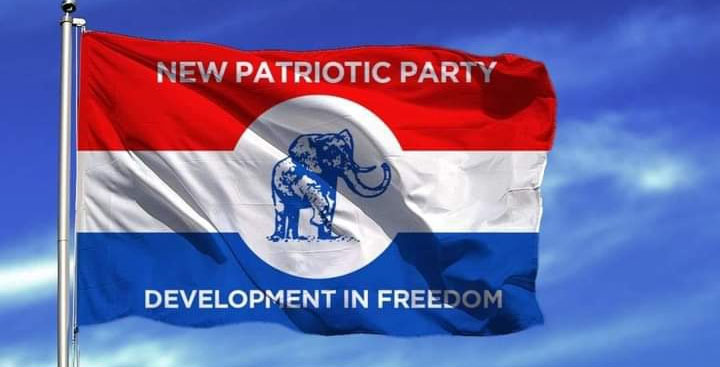
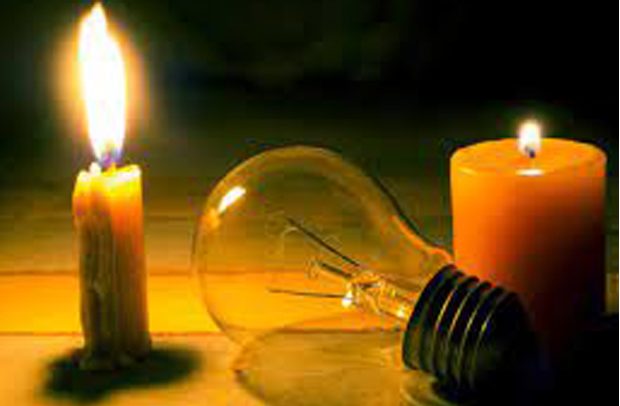
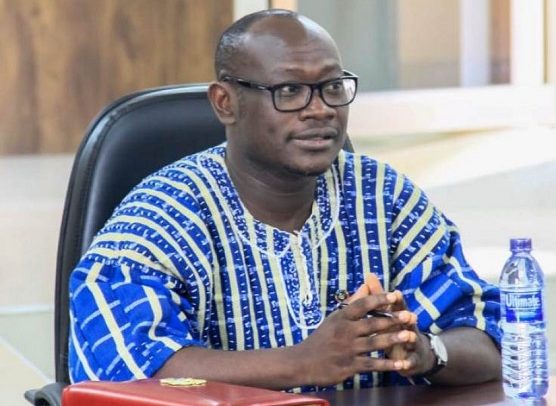
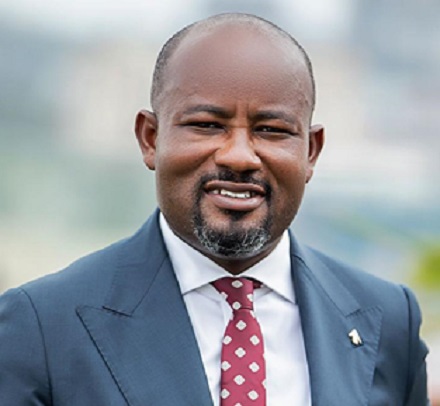











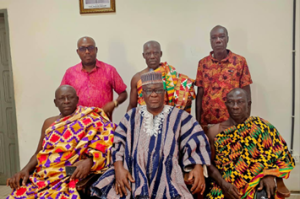
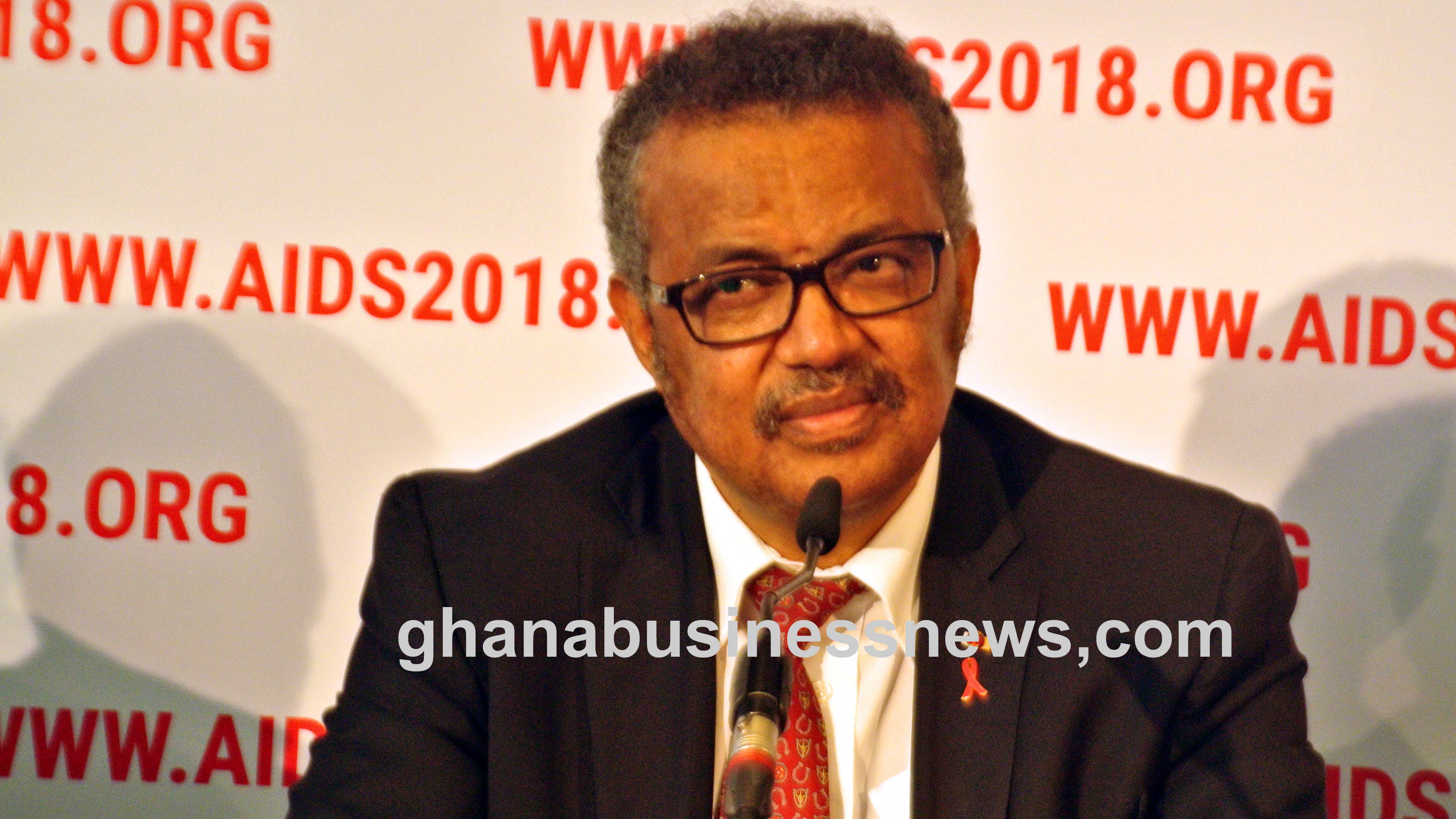



Facebook
Twitter
Pinterest
Instagram
Google+
YouTube
LinkedIn
RSS